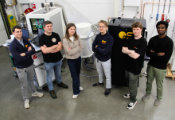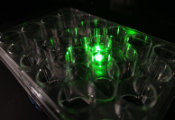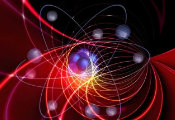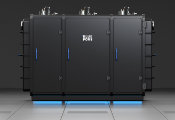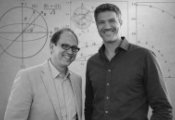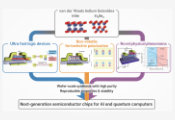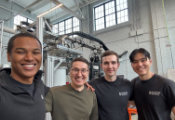The Coldest Lab in New York Has a New Quantum Offering
There’s a hot new BEC in town that has nothing to do with bacon, egg, and cheese. You won’t find it at your local bodega, but in the coldest place in New York: the lab of Columbia physicist Sebastian Will, whose experimental group specializes in pushing atoms and molecules to temperatures just fractions of a degree above absolute zero.
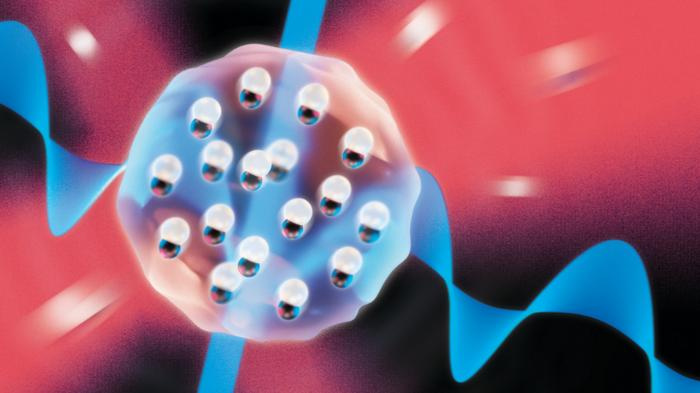
Writing in Nature, the Will lab, supported by theoretical collaborator Tijs Karman at Radboud University in the Netherlands, has successfully created a unique quantum state of matter called a Bose-Einstein Condensate (BEC) out of molecules.
Their BEC, cooled to just five nanoKelvin, or about -459.66 °F, and stable for a strikingly long two seconds, is made from sodium-cesium molecules. Like water molecules, these molecules are polar, meaning they carry both a positive and a negative charge. The imbalanced distribution of electric charge facilitates the long-range interactions that make for the most interesting physics, noted Will.
Research the Will lab is excited to pursue with their molecular BECs includes exploring a number of different quantum phenomena, including new types of superfluidity, a state of matter that flows without experiencing any friction. They also hope to turn their BECs into simulators that can recreate the enigmatic quantum properties of more complex materials, like solid crystals.
“Molecular Bose-Einstein condensates open up whole new areas of research, from understanding truly fundamental physics to advancing powerful quantum simulations,” he said. “This is an exciting achievement, but it’s really just the beginning.”



